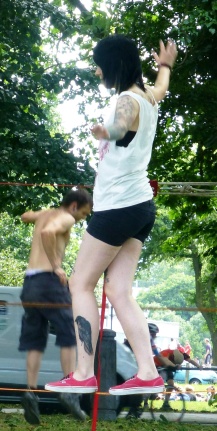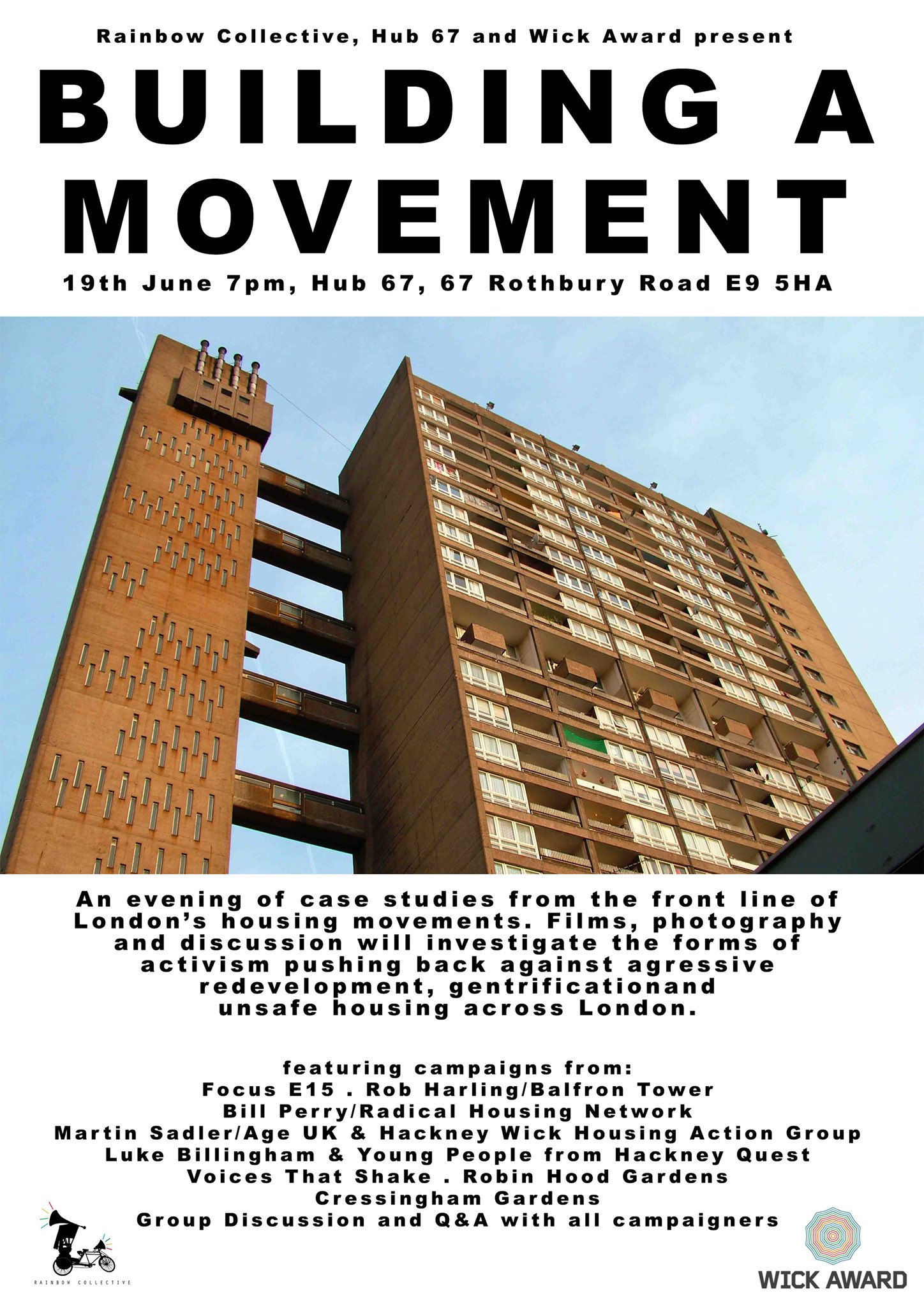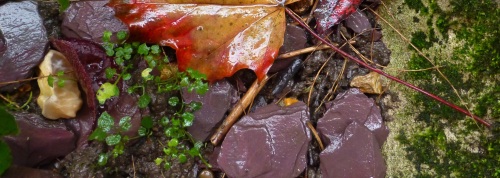
So a year ago we launched 306:Living Under the Shadow of Regeneration at the Cressingham Rotunda, a massive 85-90 people attended, thanks to everyone of you. Thanks also to Paul Sherreard and Patrice Lawrence for support Karen McCarthy Woolf, and Tolu Agbelusi for bringing their poetic beauty and Yomi Sode our warm and welcoming mc. And not to forget the Cressingham gardens Residents Association especially Andrew Sherman and of course all the contributors.
The Cressingham book, as people now refer to it, is now on three continents; in the hands of academics, artists and activists in America, Austria and Australia. And now for the letter B… Though initially conceived as a limited edition after the horrific events at Grenfell, we felt it made sense to try and reach a wider audience; what we have in common is the experience of a community that are simply not listened to.
The book was reissued in September and is available at the reduced price of £5 (+ £1.50 p&p if ordered through the website.) Though there has as yet been limited time for PR it has had some attention and outings. And we are looking to arrange more. Any ideas get in touch; things like can we do a reading, hold a bookstall, if you have press contacts.
The book had a review by Sophia Akram in The Canary “A small community has now triggered one of the biggest conversations on social housing since Grenfell.” Contributors read at the closing event for Sanctum Ephemeral, the exhibition by by Mark Aitken, and featured on Art Speak hosted by John Flannery with Anne E Cooper, Sara Adem and Angie Hill in conversation and readings from the book, broadcast on three radio shows. Also Anne E Cooper, Tijana Vukicevic and Carl Molam read from the book at a screening of Dispossession in the Rotunda,in the 4th May which was part of the Herne Hill Film Festival.
Contributors to the book have been working with The Rainbow Collective, documentary film makers from the Ledbury estate. Tijana Vukicevic and Carl Molam have completed their shoot and the first two beautifully cut films were screened at The East End Film Festival in April. Other contributors to the book have been in conversation with Wandsworth radio about life on Cressingham, a project which is also set to continue.
Prior to the launch Anne did readings at The Morley Galley Journey to justice event, Reel News film shows and Brixton Bookjam, thank you for support on our journey. In fact none of this would have been possible with out your love and support. You know who you are, Many thanks.Plans are underway for an event in September about austerity, housing and precarity, get in touch if you would like to be involved and watch the website for details.
What people are said about the book –
306 is a vital, lyrical, funny and anguished document of a London community under threat of destruction. The voices here are allowed space to reminisce about life in Cressingham Gardens fondly but unsentimentally. They know where they live isn’t a perfect place, but it’s their place and they’re fighting to keep it. If you read 306, I think you’ll hope they win the fight.
Toby Litt, Author and Senior Lecturer, Department of English and Humanities, Birkbeck
A must-read primer for anyone interested in regeneration and its multiple effects. Giving an extensive voice to the residents themselves, they conjure up a rich mosaic of community how it is lived; in chance encounters; in a life that is lived both behind closed doors and in open, shared spaces. When the architect, Ted Hollamby, designed the estate, it was with family, community, outside spaces and quality of life for all, no matter what their income. To Lambeth Council, it may be little more than prime real estate, with a nod to the needs of community in terms of provision. The residents, and those who have worked with them to produce this eloquent book, show that Cressingham Gardens, and other estates at risk of ‘regeneration’, are much more than that: a place to call home, and worth fighting for.
Katharine Quarmby, award-winning writer and journalist
This is a marvellous book which perfectly captures in word and image how the dream of regeneration – as espoused by local authorities and the regeneration industry – can in the words of Anne E Cooper become a ‘living nightmare’ for estate residents. She and her fellow Cressingham Gardens’ contributors should know, since it is they who have had to live through the regeneration with all of its Orwellian doublespeak language.
Dr. Paul Watt, Reader in Urban Studies, Department of Geography, Birkbeck, University of London
Thank you for your support!
By September we had sold out of the first edition and were able to issue a revised edition with some important updates to the introduction and appendix. Overheads for this new edition are slightly less so we can make it available at


 In addition I will preview a selection of ph
In addition I will preview a selection of ph

